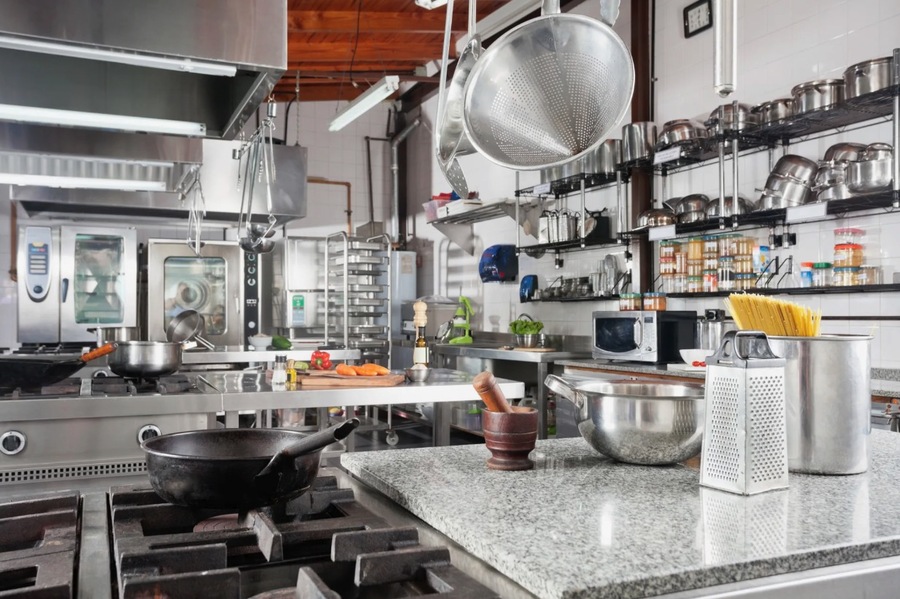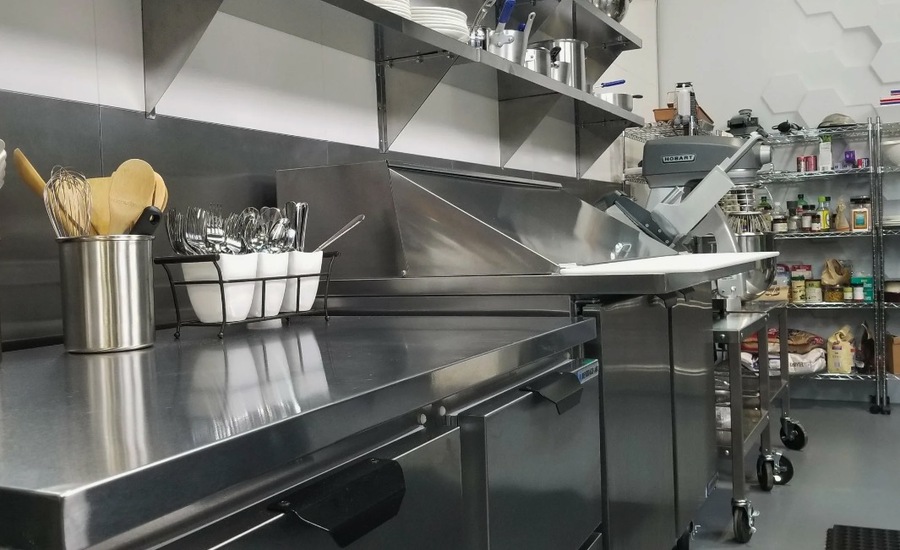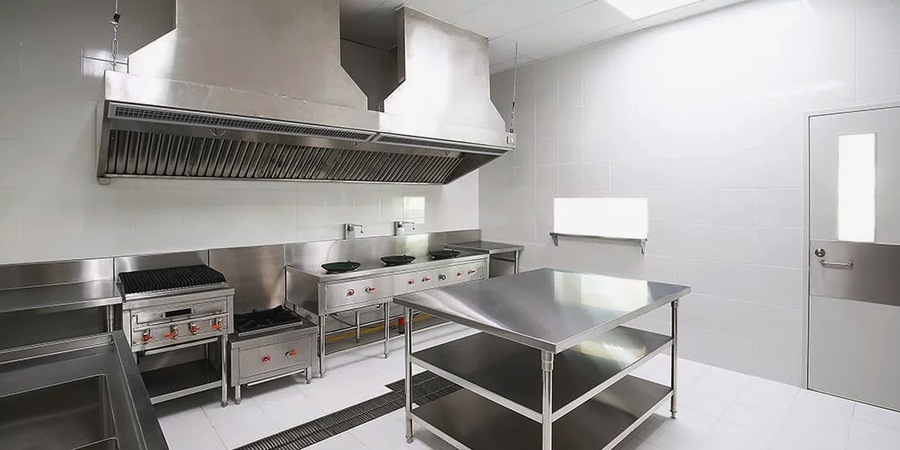Common Mistakes When Selecting Commercial Kitchen Suppliers
Choosing the right commercial kitchen supplier is crucial for any food service establishment. The quality, reliability, and suitability of kitchen equipment directly impact operational efficiency, food quality, and overall customer satisfaction. However, several common mistakes can derail this essential selection process, leading to costly and operationally disruptive outcomes.
Lack of Research
One major mistake is inadequate research into potential suppliers. It is essential to investigate supplier credentials, including their industry experience, certifications, and range of products. Customer reviews and feedback provide valuable insights into the supplier’s reliability and product quality. Ignoring these sources of information can lead to poor choices. Checking the supplier’s reputation within the industry is equally important; reputable suppliers are more likely to offer reliable and durable equipment.
Focusing Solely on Price
Many businesses make the mistake of prioritizing cost over value. Opting for the cheapest option often results in acquiring low-quality equipment that requires frequent repairs or replacements. It is crucial to consider the total cost of ownership, which includes maintenance, energy consumption, and lifespan of the equipment. Investing in higher-quality equipment may have a higher upfront cost but can be more cost-effective in the long run.
Neglecting Quality and Durability
Quality and durability are critical factors in kitchen equipment. High-quality equipment reduces downtime caused by breakdowns and minimizes repair costs. It also ensures consistent food quality. For example, a durable oven with precise temperature control will consistently produce better results than a cheaper, less reliable model. Evaluating the build quality, materials used, and manufacturer’s reputation helps ensure the purchase of durable equipment.
Overlooking After-Sales Support
After-sales support is a vital aspect often overlooked. Comprehensive support includes maintenance services, spare parts availability, and emergency repair services. Without proper after-sales support, businesses may face prolonged downtimes in case of equipment failure. Suppliers should provide clear information about their support services, and businesses should prioritize suppliers known for excellent after-sales support.

Ignoring Customization Needs
Every kitchen has unique requirements, and standard equipment might not always fit perfectly. Customization options can address specific needs, such as space constraints or unique cooking processes. Suppliers that offer bespoke solutions help tailor equipment to meet these specific requirements. Failing to consider customization can result in suboptimal kitchen layouts and operational inefficiencies.
Not Considering Technological Advancements
The kitchen equipment industry continuously evolves with technological advancements. Modern equipment often includes smart features that enhance efficiency, reduce energy consumption, and improve ease of use. Ignoring these advancements can lead to the acquisition of outdated equipment that lacks these benefits. Businesses should explore the latest technologies and consider their potential advantages for their operations.
Skipping the Warranty and Return Policies
Robust warranty and return policies are essential to protect against defective products. Insufficient warranties can leave businesses unprotected if equipment fails prematurely. It is crucial to understand the warranty terms and ensure they provide adequate coverage. Similarly, return policies should allow for the return or replacement of equipment that does not meet expectations or arrives damaged.
Regulations and Standards
Commercial kitchens in Dubai and the surrounding UAE region have to adhere to particular local laws and requirements. Ignoring these requirements may result in penalties and legal problems. It’s critical to comprehend and abide by the health and safety requirements as well as other regulatory standards pertaining to kitchen equipment. Suppliers ought to be aware of these regional requirements and provide equipment that meets them.
Importance of Energy Efficiency
Commercial kitchens must take energy efficiency into account, particularly in areas like the UAE where energy costs are high. Operating costs may increase if the value of energy-efficient equipment is underestimated. Energy consumption and utility costs can be greatly decreased by choosing energy-efficient appliances. Furthermore, the longer lifespan of energy-efficient equipment contributes to its overall cost-effectiveness.

Failure to Plan for Future Needs
Planning for future needs is often neglected. Scalability should be a consideration, especially for growing businesses. Equipment should be able to handle increased demand and adapt to new menu items or cooking processes. Long-term planning helps avoid frequent equipment upgrades and ensures smooth operational growth.
Conclusion
Selecting the right commercial kitchen supplier is a complex process requiring careful consideration of several factors. Avoiding common mistakes such as lack of research, focusing solely on price, neglecting quality, overlooking after-sales support, ignoring customization needs, not considering technological advancements, skipping warranty and return policies, and failing to plan for future needs is essential. By addressing these areas, businesses can make informed decisions that enhance operational efficiency and contribute to long-term success.
